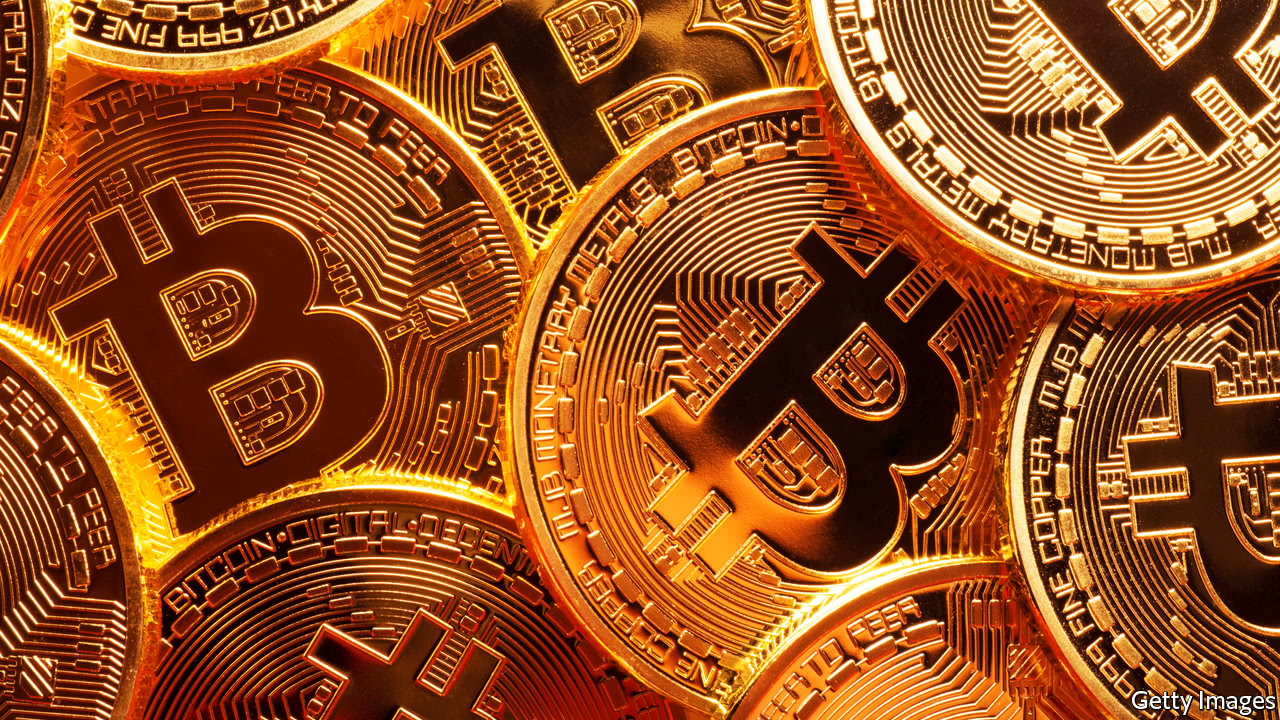The crypto-currency’s split into two versions may be followed by others

COMPARED with Brexit, Bitexit seems a piece of cake. On August 1st, without much agonising or awkward negotiations, a group of Bitcoin activists and entrepreneurs managed to create a second version of the crypto-currency. It immediately gained a following: as The Economist went to press, a unit of “Bitcoin Cash” had a price of $460 and tokens worth $7.6bn were in circulation (although that is still much smaller than Bitcoin classic, which stood at about $2,700 and nearly $45bn).
This “fork”, as such events are called, came earlier than expected. But it is how insiders had expected a two-year-old conflict over the future of Bitcoin to end. At the heart of this “civil war” was the question of how to increase the capacity of the system, which can handle only up to seven transactions per second. The new version is able to process more than 50 per second, but otherwise works much like the original one.
Will Bitcoin Cash be more than just another “altcoin”, as the many existing clones of the crypto-currency are called? It is backed by Chinese “miners”, firms that provide the computing power to confirm payments and mint new digital coins. They have been unhappy with how the original system has been managed by its developers—and made some further technical tweaks to ensure that the new Bitcoin survives. The followers of the two versions will now fight over which can claim to be the “real” Bitcoin.
More interesting is what the fork might mean for the broader ecosystem of crypto-currencies, of which there are now hundreds. It has long been assumed that crypto-land would be dominated by one currency, Bitcoin, because of network effects: the more existing users it has, the more attractive it becomes to new ones. But Emin Gun Sirer of Cornell University says the split shows that this need not be true. Provided a group of crypto-cognoscenti has the will, the skills and oodles of computing power, it can conjure a new digital currency into existence—and, perhaps, even create value.
This week’s fork has made Bitcoin holders richer: they get an amount of the new version equal to their holdings of the old sort; and at least for now, both together are worth more than the old one alone. For this reason alone, expect another split in November when the old Bitcoin system may get an upgrade.
No comments:
Post a Comment
Note: Only a member of this blog may post a comment.